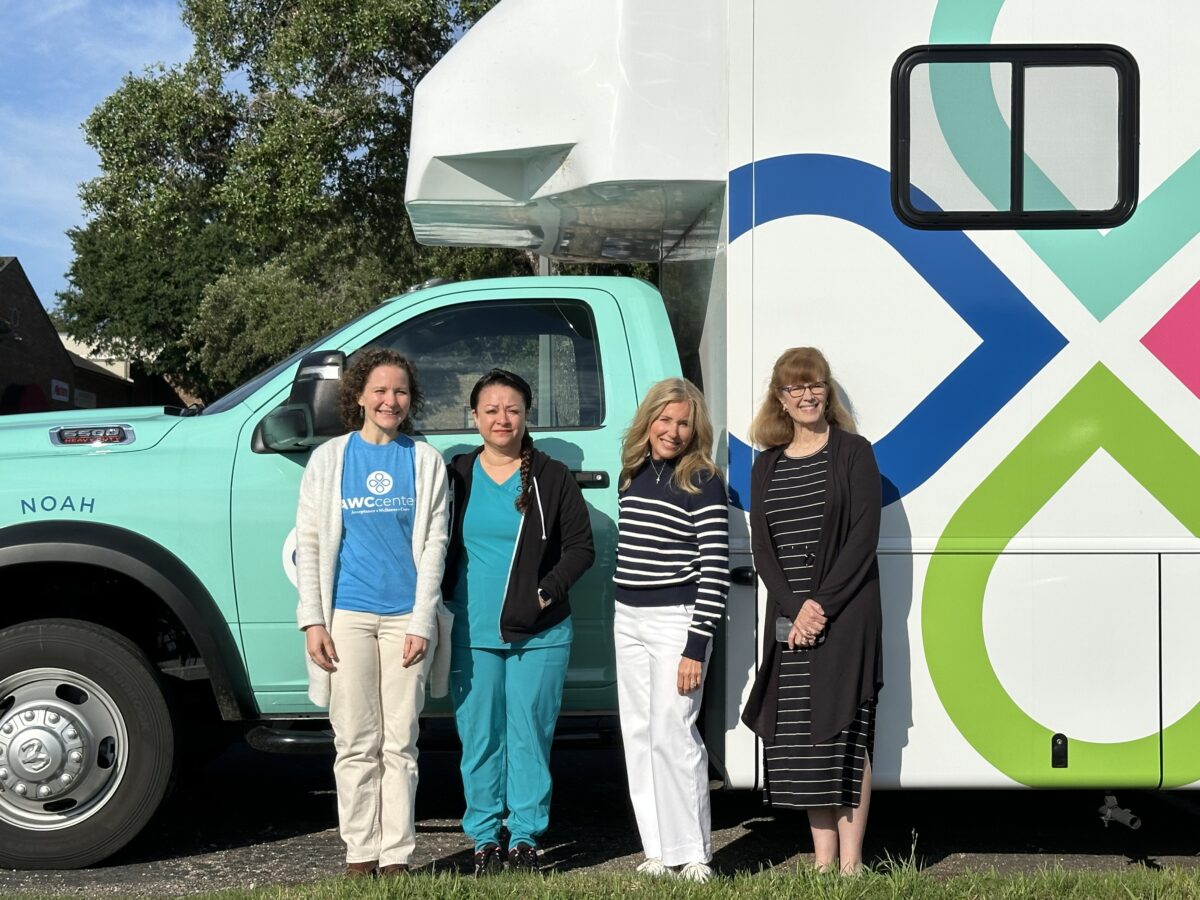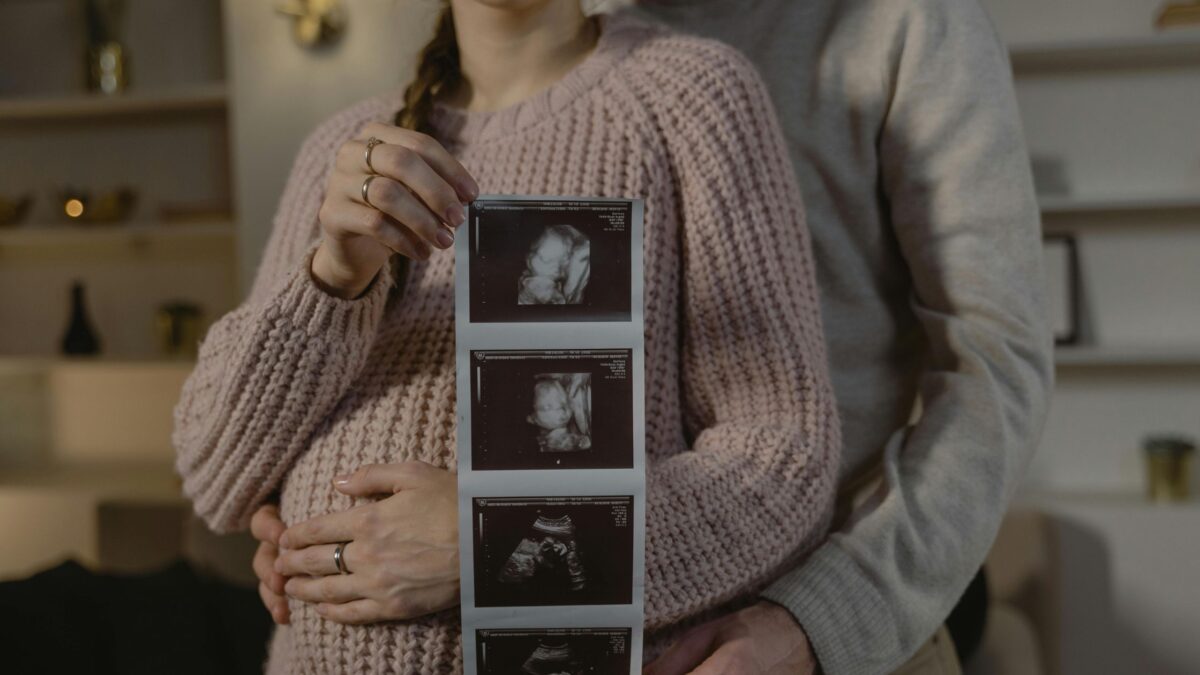3 risk factors of a medical abortion according to an OB-GYN
By Katie Doryland
The National Abortion Federation claims that a medical abortion is “one of the safest” procedures a woman can obtain.
But Dr. Karysse Trandem, board-certified obstetrician and gynecologic surgeon, disagrees. She has spent years studying the research on abortion and found several common mental and physical health risks after an abortion.
Here are three post-abortion risks that you may not know about.
Abortion can often lead to an increased risk of pre-term birth in the future.
Dr. Trandem says that the United States has seen a 100 percent increase in premature birth rates since abortion was legalized in 1973. When the cervix is artificially dilated during an abortion, permanent damage is done. Often meaning the cervix is unable to hold the placenta in place during future pregnancies. Because of this, Dr. Trandem notes, women can have a 36 percent increased rate of preterm birth and fetal death after one abortion. A preterm birth, or premature birth, is defined as a baby that is born before the 37th week of pregnancy.
Abortion can lead to mental health problems in the future.
According to Dr. Trandem, one in five women regret their abortion decision after just 2 months. She cites a comprehensive study by The British Journal of Psychiatry that found women who have had an abortion had an 80 percent increased risk of mental health issues. A study done by the deVeber Institute agrees, stating that women who have had an abortion are at a higher risk for mental health issues in the future.
There is a risk of uterine damage during an abortion.
The act of removing a living, active pregnancy from the wall of the uterus causes heavy bleeding inside the uterus. This procedure can lead to hemorrhaging and scarring on the uterus wall, which can lead to the possibility of being unable to carry a pregnancy in the future. Dr. Trandem mentions that abortion providers often do not discuss these risks with patients.
To learn more about Dr. Karysse‘s work and abortion risks, watch her full video on YouTube and read more about her work here.













